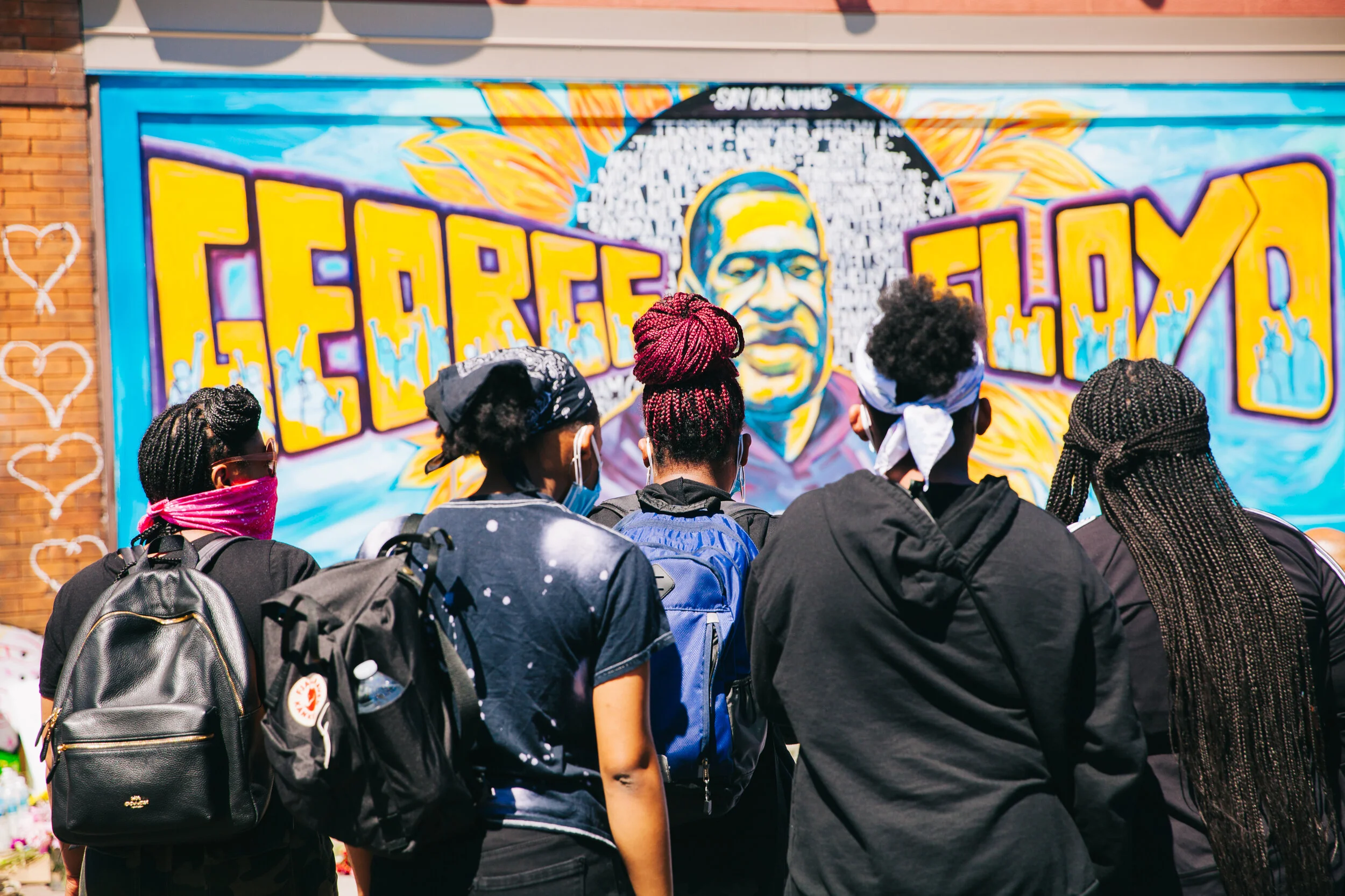Righteous Education: What a Top Filmmaker’s Foundation Is Doing to Fight Hate
/photo: BAKOUNINE/shutterstock
The violence in Charlottesville has stimulated some surprising gifts to fight racism generally and anti-semitism specifically—including from James Murdoch of the News Corporation, who made a $1 million gift to the Anti-Defamation League, saying: “I can’t even believe I have to write this: Standing up to Nazis is essential; there are no good Nazis."
Steven Spielberg’s Righteous Persons Foundation (RPF) is one funder that doesn't need to be reminded of this elementary truth. It has long been a key player in the fight against anti-Semitism and bigotry. This is a funder that never, ever forgets what the Jewish people have been through—or the threats that endure today for all kinds of marginalized groups.
Since its establishment in 1995, the acclaimed filmmaker’s foundation has supported Jewish causes, social justice work and anti-hate initiatives to the tune of over $100 million. Yet Spielberg—whose net worth exceeds $3 billion—is also said to do much additional giving anonymously. Among mega-donors, Spielberg has been unusually devoted to the idea that giving anonymously is the highest form of charity—an idea, of course, with roots in the Jewish faith tradition. We'll probably never have an exact tally of just how much wealth Spielberg has given away, or where, exactly, the money has gone.
RPF got its initial funding from Spielberg’s profits on the 1993 film Schindler’s List. The foundation’s name refers to a Hebrew term for people like the film’s main character, based on a real-life German industrialist who saved over a thousand Polish Jews from the Holocaust.
According to Executive Director Rachel Levin, RPF “sits at the nexus between [Spielberg’s] philanthropy and his filmmaking, constructed on the themes of combating hate, bridging the divides between people, and humanizing the other.” Since Schindler’s List, Spielberg has funded RPF with additional profits from his films Munich and Lincoln.
As you might expect, storytelling and narrative strategies get frequent support from RPF. “Strategies flow from who Steven is and how he sees the world as an artist and a storyteller,” Levin told me. “A grant doesn’t go out without his involvement.” Over the years, the foundation has funded efforts to preserve and disseminate Jewish stories, including the personal testimonies of Holocaust survivors. The USC Shoah Foundation, also founded by Spielberg, has done significant work there.
Levin stresses the potential of narrative strategies to combat hate in the classroom and online. One longtime RPF grantee, StoryCorps, received funding in 2016 “to create and disseminate animated interviews designed to inspire empathy and remind Americans of our common humanity.” Released via Facebook and posted by online channels like Upworthy, the videos have been viewed over 40 million times.
Facing History and Ourselves (FHAO) is another longtime grantee that received funds this year from RPF to help educators address hate speech, stereotyping, and questions of group identity in the classroom. “This grant gave FHAO the ability to do rapid response, supporting teachers in how they talk to their students about what’s happening today,” says Levin. FHAO recently “sent materials out to 70,000 teachers on how to engage students around Charlottesville.”
Whether they’re rapidly responding to the anxieties of the Trump era or confronting deep challenges in American society, we’ve seen plenty of funders giving to support social justice communications. Another one with Hollywood connections, the Pop Culture Collaborative is a multi-funder initiative supporting entertainment media that elevates the stories of immigrants and people of color. Funders include heavyweights like the W.K. Kellogg Foundation, the Ford Foundation, the Nathan Cummings Foundation and the JPB Foundation.
Individually, foundations like WKKF and Unbound Philanthropy are pursuing “racial healing” grantmaking and media-centered projects to support immigrants. Meanwhile, Spielberg’s fellow box office billionaire George Lucas has backed diversity in film with several Los Angeles gifts.
Related:
- Inside a Funder Collaborative Seeking Social Justice Through Pop Culture
- Philanthropy vs. Racism: Inside Kellogg's Quest for "Healing and Transformation"
- May the Force Be Less White: A Movie Mogul's Commitment to Diversity in Film
In addition to narrative strategies, RPF has taken to funding research into the spread of hate online and how to counter it. It gave a recent grant to the Anti-Defamation League to support its Silicon Valley-based Center on Technology and Society, which got its seed funding from the Omidyar Network. Pierre Omidyar has lately emerged as a major rapid response anti-hate funder.
While combating hate is a big priority for RPF, Levin says the foundation also wants to promote a positive alternative: mutual understanding. “It’s important to have people from different backgrounds engaging in conversation together, meeting with people and hearing their stories, but not in an overtly political way.” To that end, RPF funds projects like Auburn Seminary’s Senior Religious Fellows program, which brings together leaders from many faiths to coordinate on social justice. Another RPF grantee, Encounter, brings American Jewish leaders to the West Bank and East Jerusalem to hear from Palestinians.
Despite scary headlines in the news, Levin is excited that social justice funders are talking to and learning from each other. “These issues are not new to the country or the foundation, and we can draw from the experience of incredible partners who have been working on this for a long time.” She also sees the Jewish story as an inspiration in dark times. “There’s something to be learned from a several-thousand-year-old tradition that says liberation is possible.”
Related:







































